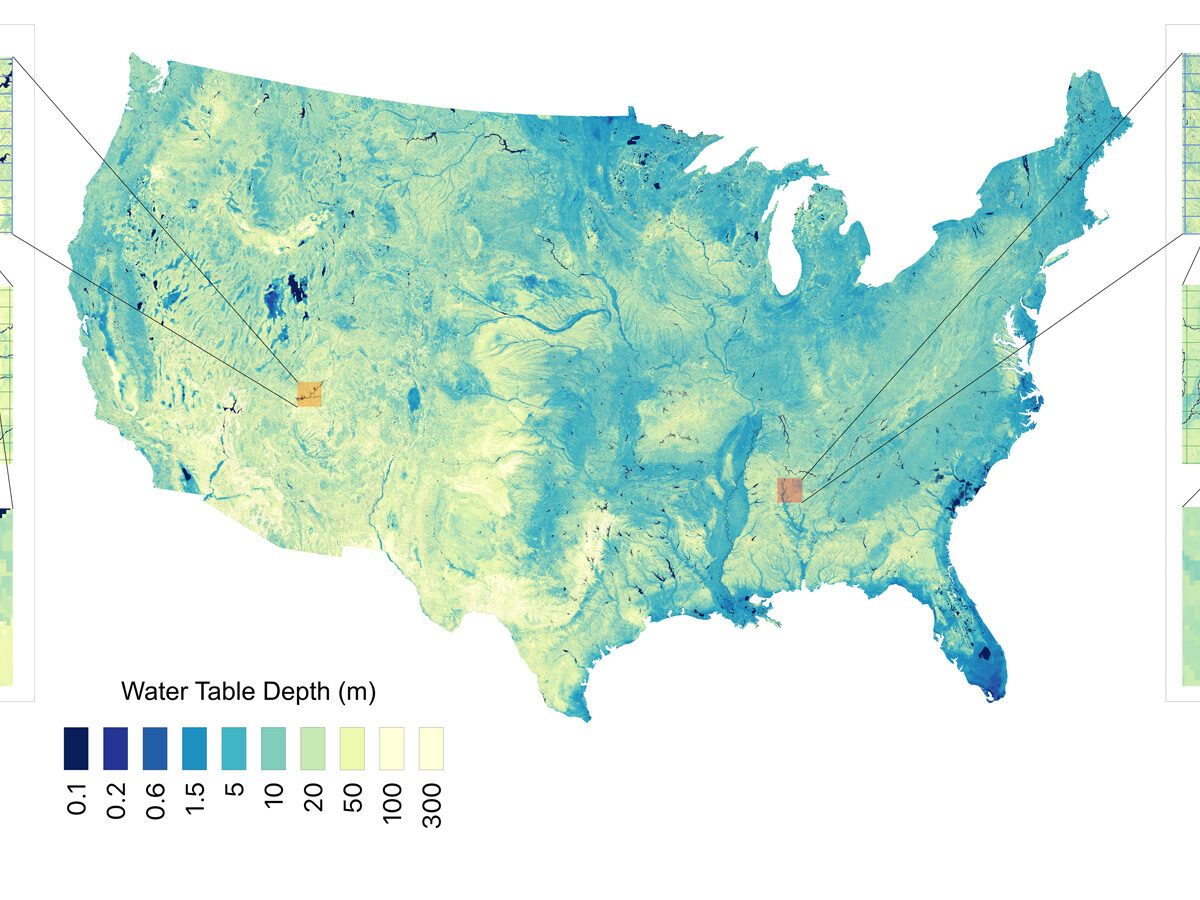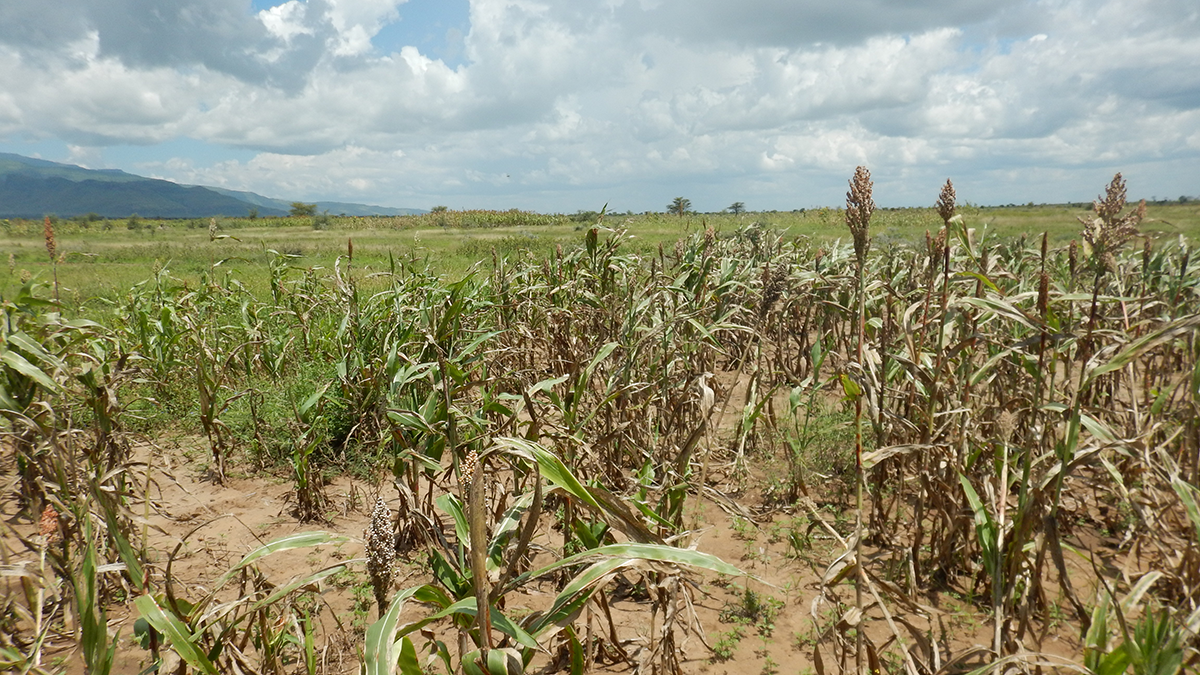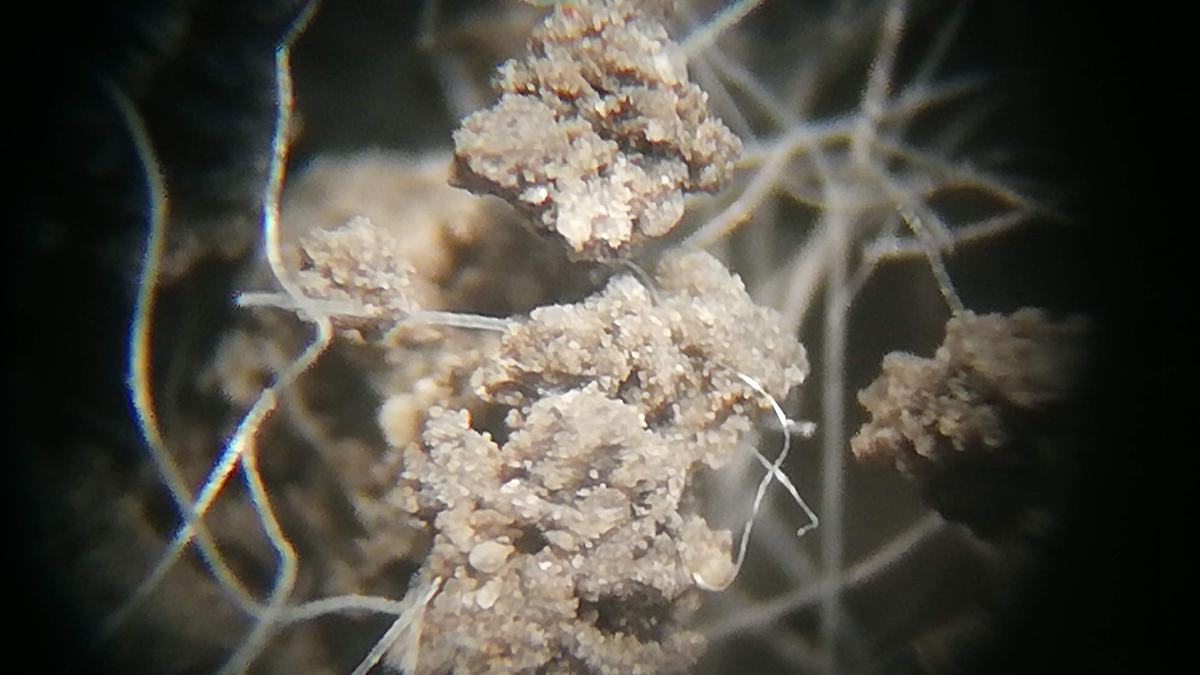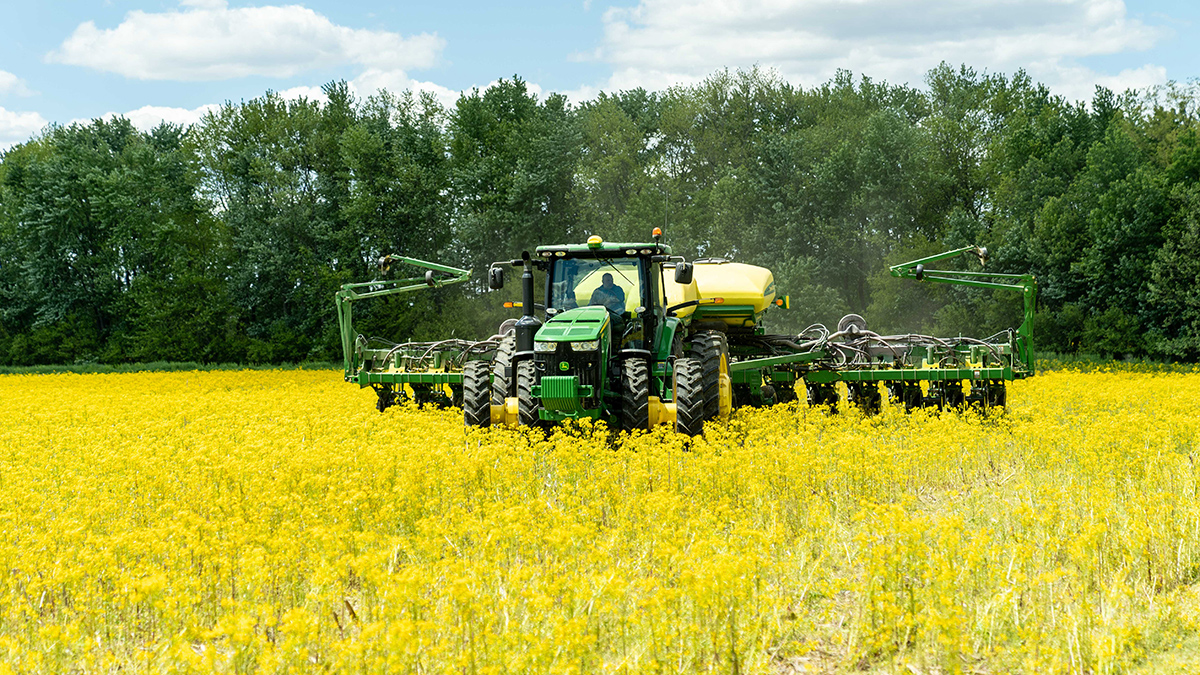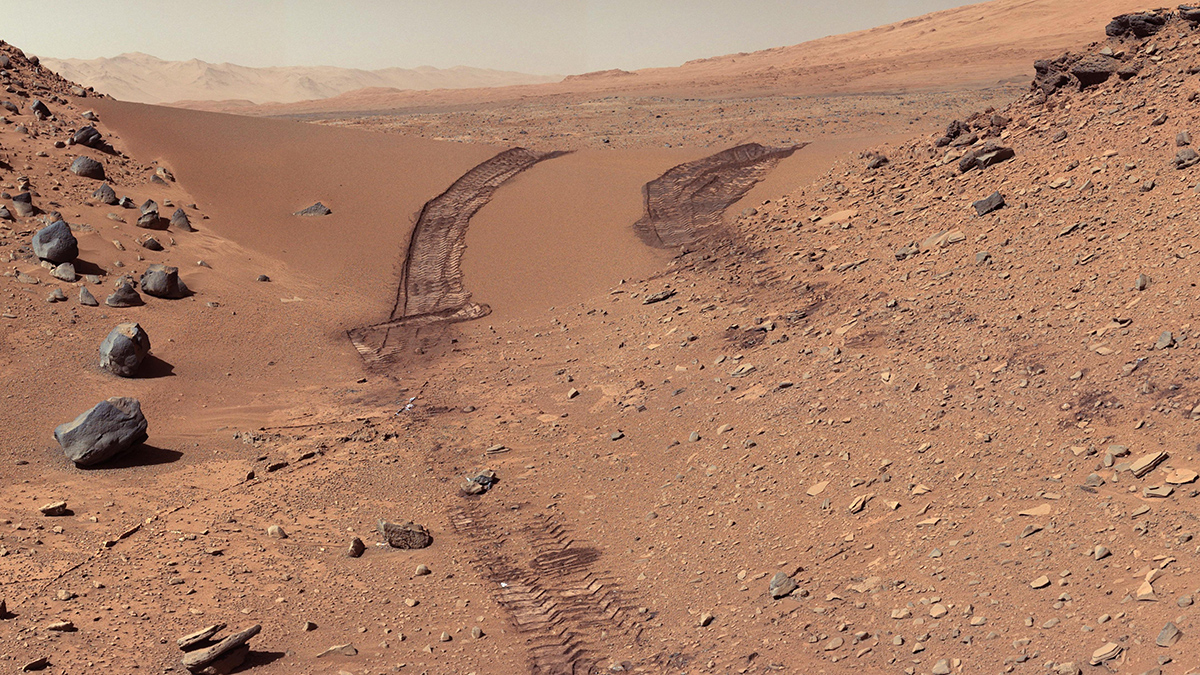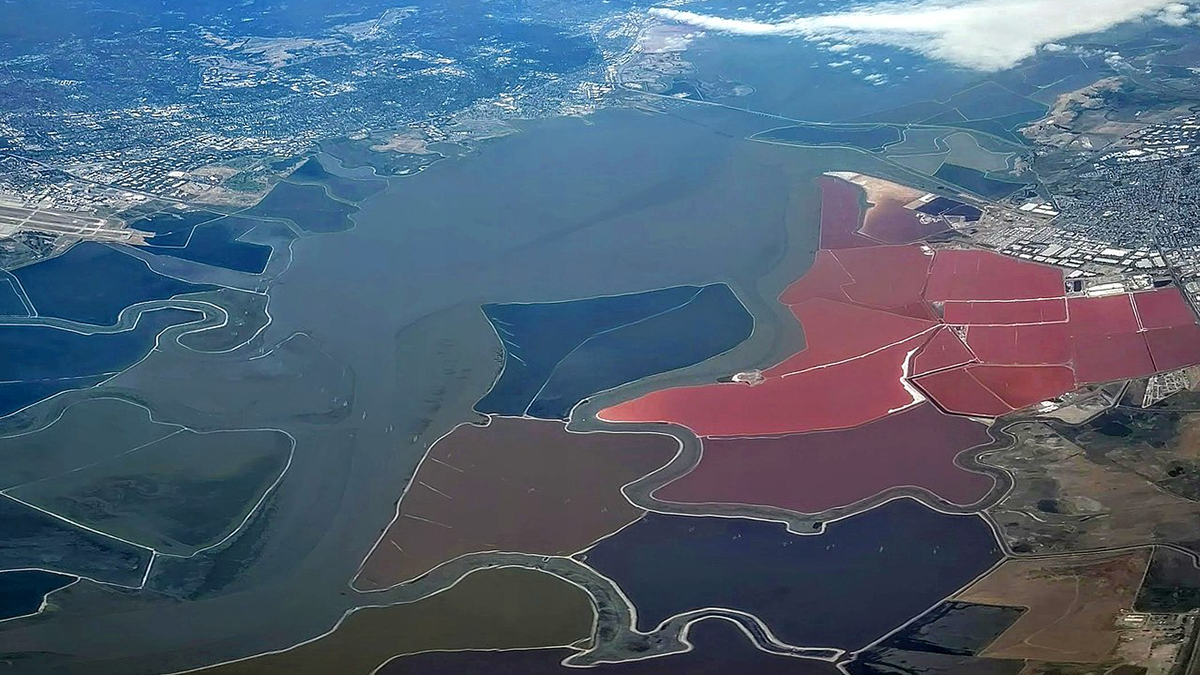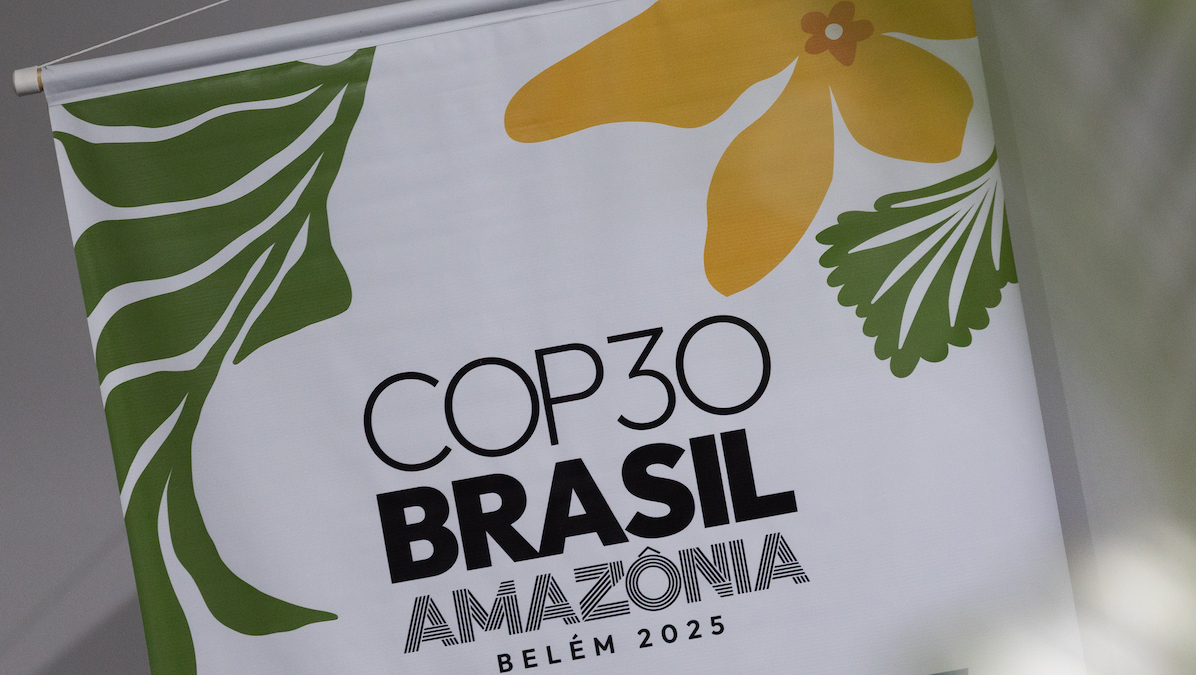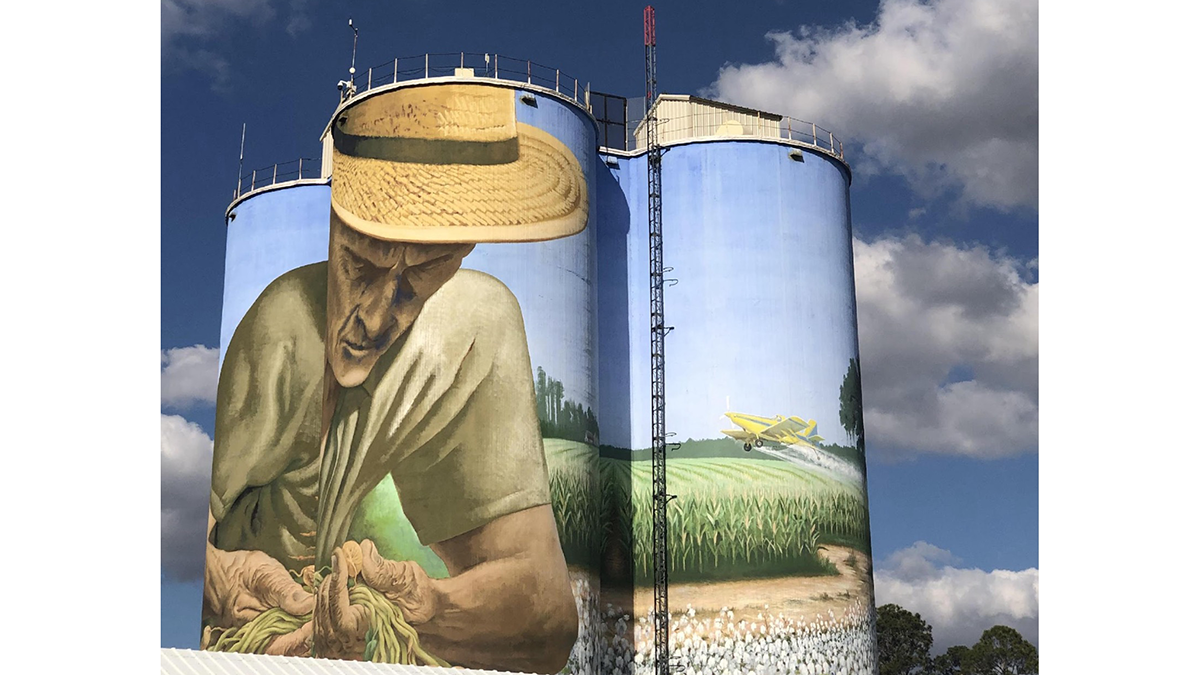Reducing the effects of air pollution requires estimations of where it costs the most—in both money and lives.
agriculture
What Americans Lose If Their National Center for Atmospheric Research Is Dismantled
Five ways dismantling NCAR will cost the American people, and two ways to save it.
Report: 13 Great Lakes’ Worth of Water Underlies the Contiguous United States
Researchers used 1 million data points and a machine learning algorithm to estimate groundwater stores with higher resolution than ever before.
How Satellite Data Helped Avoid Hunger from Drought
Satellites detecting anomalies of the spectral reflectance of crops in Uganda successfully foretold imminent crop failure and automatically triggered timely governmental disaster relief.
Los microplásticos tienen efectos muy variados en el suelo
Un nuevo estudio revela que una concentración de microplásticos de tan solo el 0,4 % altera el drenaje del suelo, lo que podría afectar al crecimiento de los cultivos y otras plantas.
How Can We Tell If Climate-Smart Agriculture Stores Carbon?
Quantitative data at real-world scales are needed to assess the effects of cover cropping and other practices on soil carbon storage. Large-scale medical studies provide a proven methodology.
Fungi, Fertilizer, and Feces Could Help Astronauts Grow Plants on the Moon
A new study offers tantalizing evidence that filamentous fungi extending from roots, along with treated astronaut waste, could provide sufficient scaffolding to help plants grow in planetary regolith.
Echoes From the Past: How Land Reclamation Slowly Modifies Coastal Environments
Reclamation of tide-influenced areas has a large impact on coastal environments through gradual modification of tidal dynamics, erosion, and siltation.
Global Methane Emissions Projected to Fall, According to United Nations Report
The world has made significant progress on methane mitigation since 2020, though meeting the goals of a major international pledge will require additional action, according to a United Nations Environment Programme (UNEP) report.
Voicing Farmers’ Concerns on the Future of Agriculture
A new study explores the deep, multi-faceted concerns of small- and mid-scale farmers about the direction of farming and food systems in the United States.



